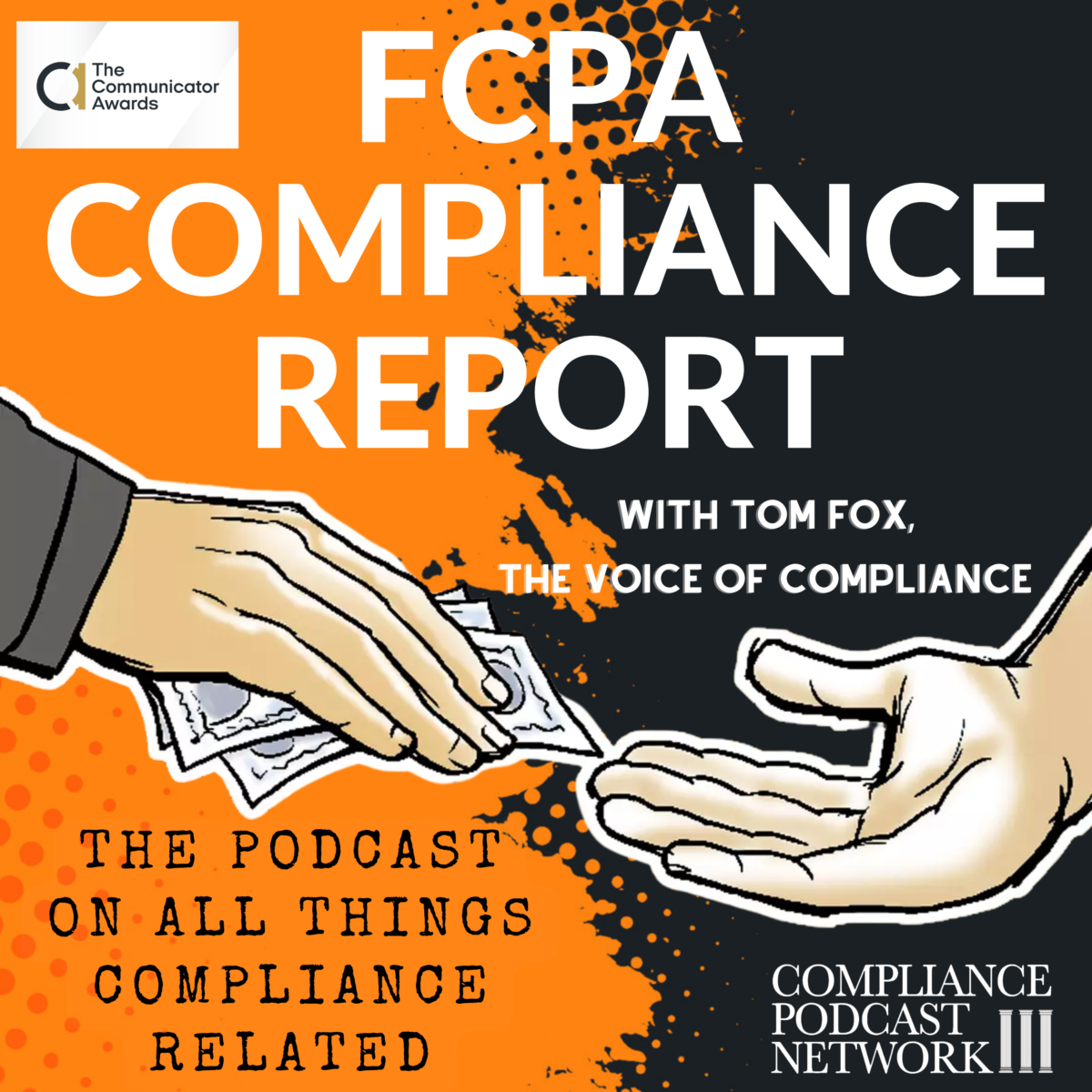There were recently two significant speeches by Department of Justice (DOJ) officials at the American Bar Association National Institute on White Collar Crime. The first was by Deputy Attorney General Lisa Monaco. The second was by Acting Assistant Attorney General Nicole Argentieri. They both had important remarks for the compliance professional. Over the next several blog posts, I will review both speeches and what they might indicate for compliance and Foreign Corrupt Practices Act enforcement going forward. Yesterday, I considered the Monaco speech. Today is the speech by Nicole Argentieri.
After reviewing some of the more significant individual prosecutions, Argentieri turned to corporate enforcement, noting, “Corporate accountability is the other side of our white-collar work because companies are the first line of defense against misconduct.” She emphasized the need for “a strong compliance program that is key to preventing corporate crime before it occurs and addressing misconduct when it does occur.” The DOJ’s Corporate Enforcement Policy also encourages “companies to invest in strong compliance functions and to step up and own up when misconduct occurs.” She cited one company that did not have a robust compliance program (or a culture of compliance), Binance, which explicitly communicated its “priorities, telling employees that, when it came to compliance, it was “better to ask for forgiveness than permission.”
In the Foreign Corrupt Practices Act enforcement arena, Argentieri pointed to four cases the DOJ prosecuted over the past 18 months. The companies all entered into corporate resolutions for FCPA violations. This group included Vitol, Glencore, Freepoint, and, most recently, Gunvor. Additionally, the DOJ prosecuted multiple individuals in connection with these cases. She even detailed the multiple bribery schemes involved: “Bribe payments funneled into the pockets of foreign officials through corrupt third-party agents using sham contracts and fake invoices.”
In each organization, there was a decided lack of a culture of compliance. Additionally, employees exploited gaps in their companies’ internal controls and compliance programs. Personal cell phones and personal email accounts were used, which the organizations seemingly had no access to during the corruption and after the internal investigations. To make payments, internal controls were overridden or ignored to make off-the-books systems not subject to the organization’s standard checks and controls.
Because of the internal control and compliance failures that led to or contributed to the FCPA violations, each of these entities was required to make critical enhancements to their compliance programs to prevent future violations of the FCPA. Argentieri said, “Companies that take forward-leaning steps on compliance will be better-positioned to certify that they have met their compliance obligations at the end of the term of their agreements, as is now required in corporate resolutions with the Criminal Division.”
However, the DOJ’s work done after a settlement with a company is equally important. She clarified that the DOJ will monitor companies after resolution as they make, monitor, and attest to their compliance program and internal controls enhancements. She reported that “twenty-four companies have a market capitalization of more than $1 billion, and 22 are public companies. Over the past decade, hundreds of other companies across a wide range of industries have similarly been subject to compliance obligations in cases brought by the Criminal Division.” This ongoing oversight is not an independent monitorship but to ensure compliance with the resolution documents and to “have a real impact on corporate culture and compliance.”
The DOJ wants good corporate citizens and incentivizes companies to do so in various ways. Beyond enforcement actions are the Evaluation of Corporate Compliance Program (ECCP), the Corporate Enforcement Policy (CEP), the Voluntary Self-Disclosure Program (VSP), and the Compensation Incentives and Clawbacks Pilot Program. Argentieri reported that self-disclosures have increased over the past three years: “In 2023, we received nearly twice as many disclosures as in 2021. We expect this trend to continue as more companies take advantage of the benefits of voluntary self-disclosure and the CEP more generally.”
Argentieri believes that the DOJ has articulated policies that apply transparent criteria for both prosecutors to use and as “guideposts for companies and their counsel to consider when deciding what to do when faced with the prospect of a government investigation. It is a goal of the DOJ “to demonstrate the benefits that await those who voluntarily disclose misconduct.” She concluded this section by stating, “It’s one thing to issue and update policies. It’s another way to change corporate behavior. That is why we track the number of disclosures from companies. I’m proud to announce that early indications are that our policies are bearing fruit.”
Join us tomorrow as we examine how the ECCP, VSD, CEP, and Clawbacks Program have been reflected in recent enforcement actions.







